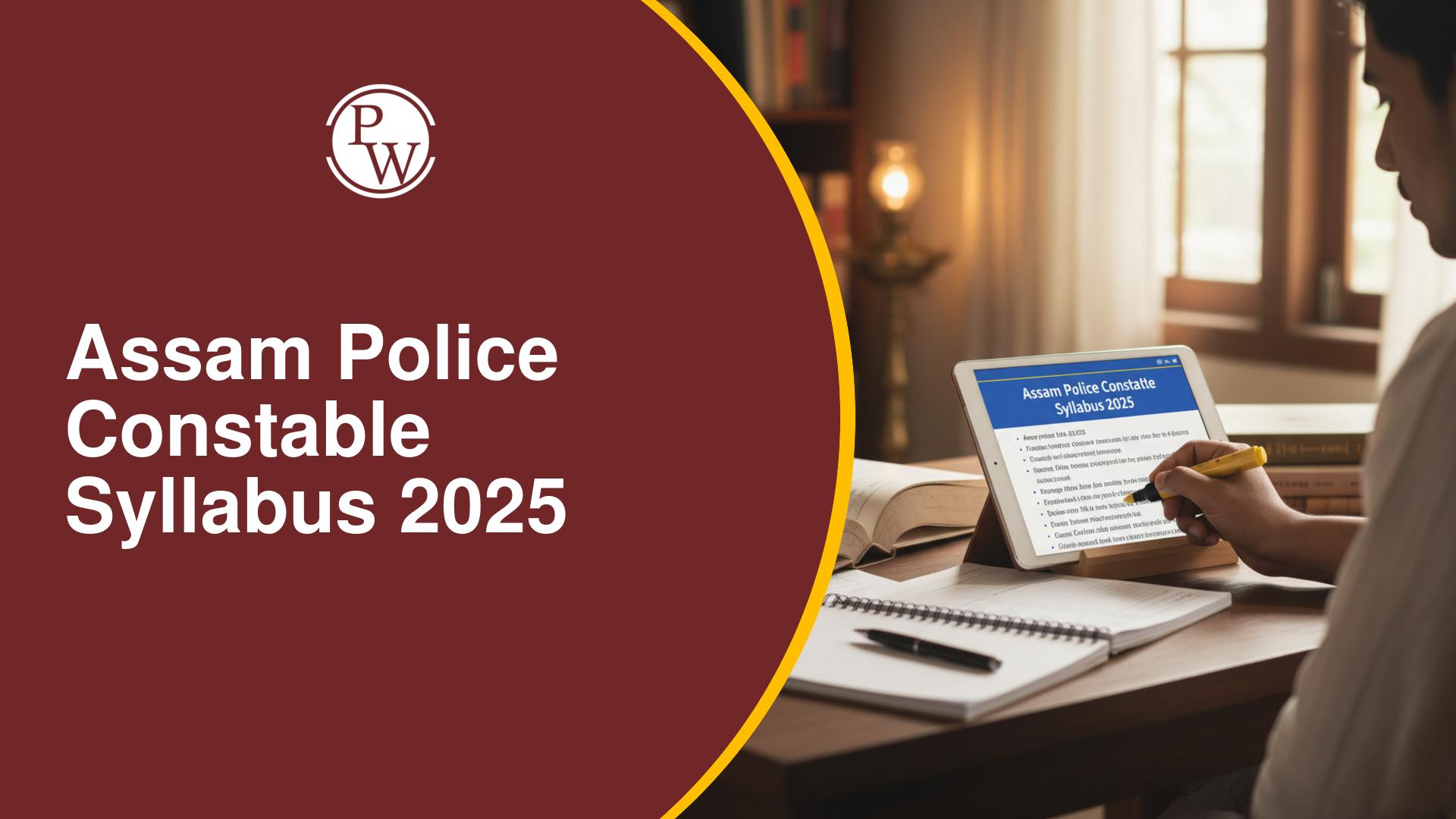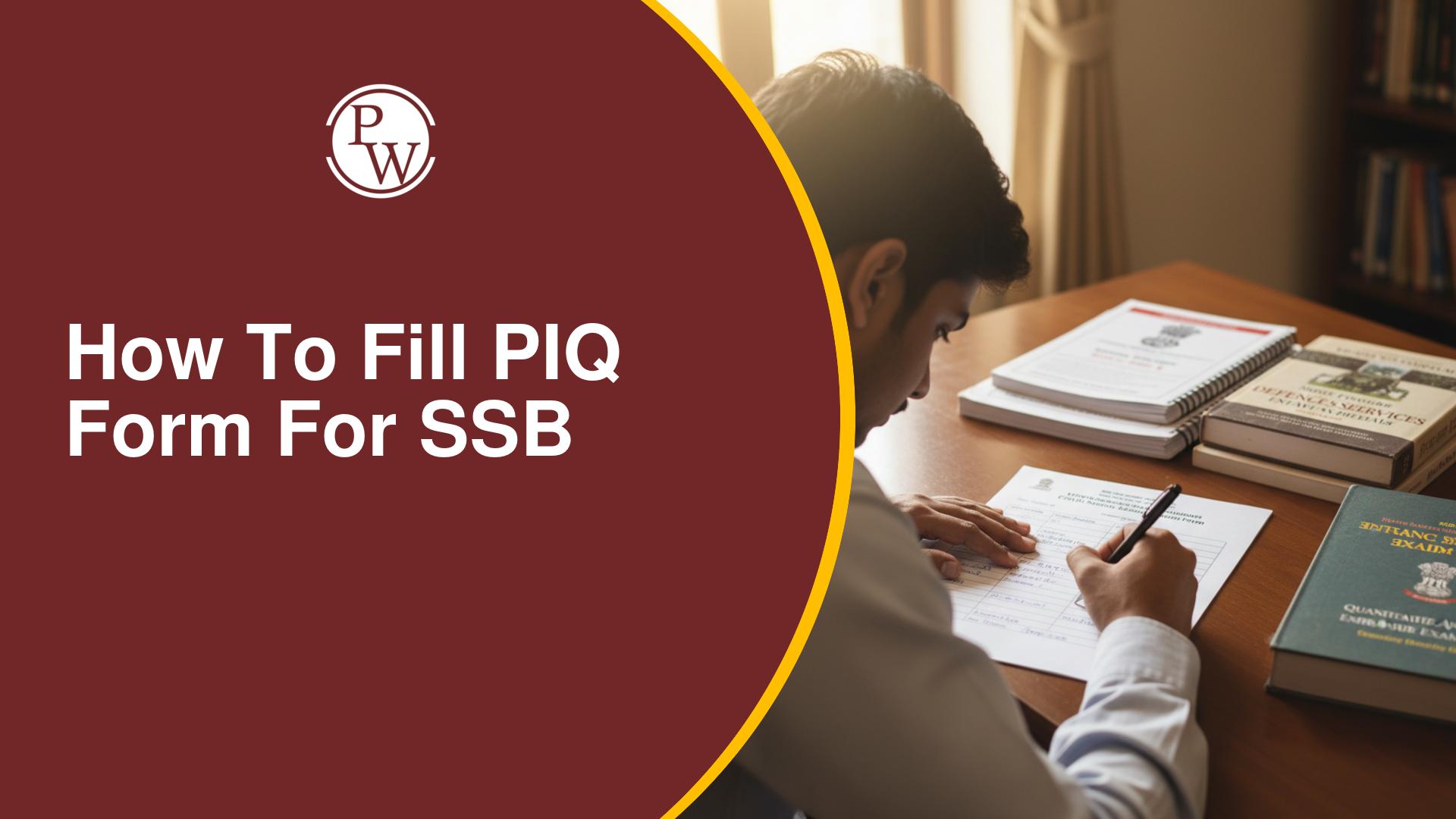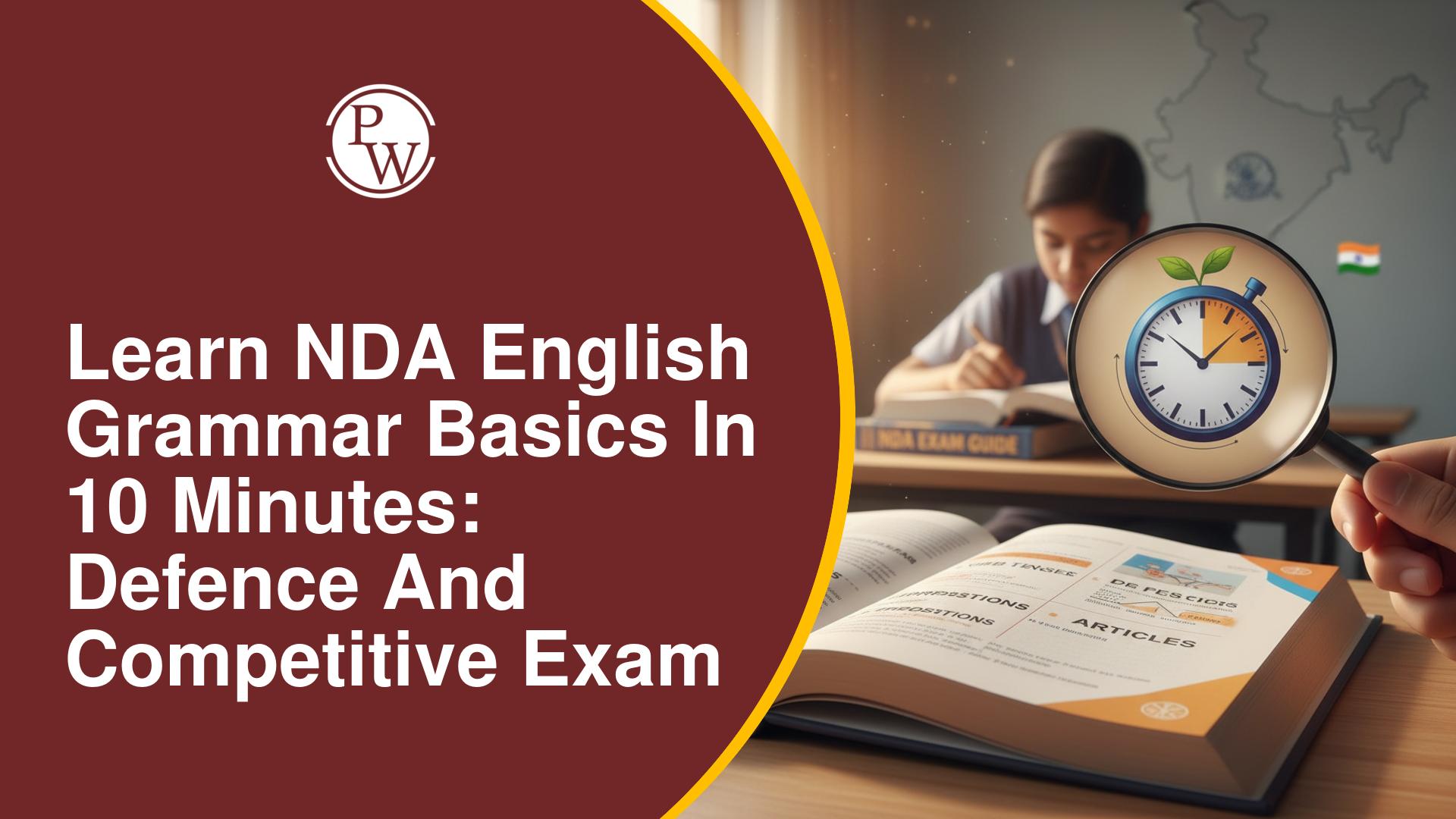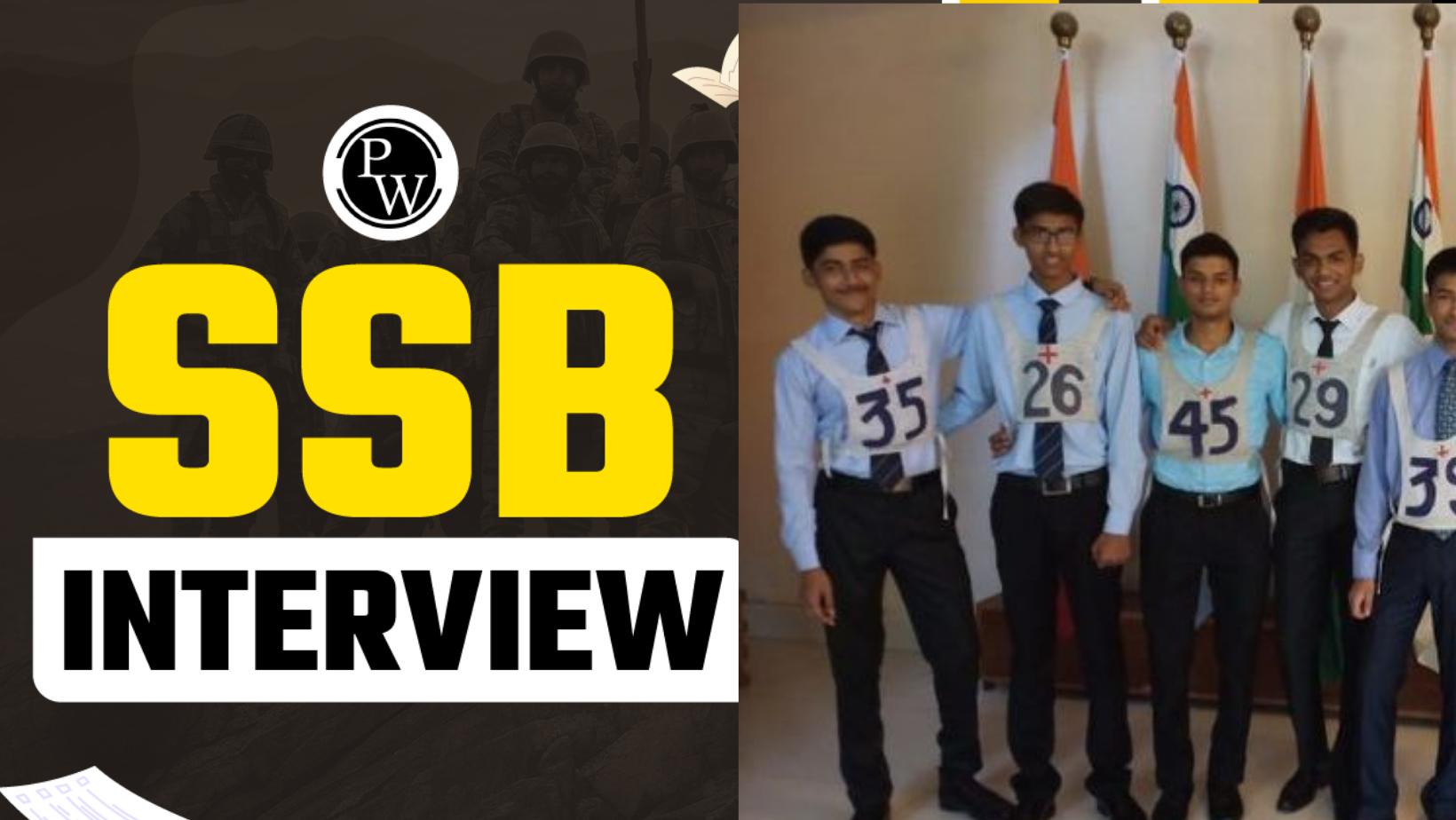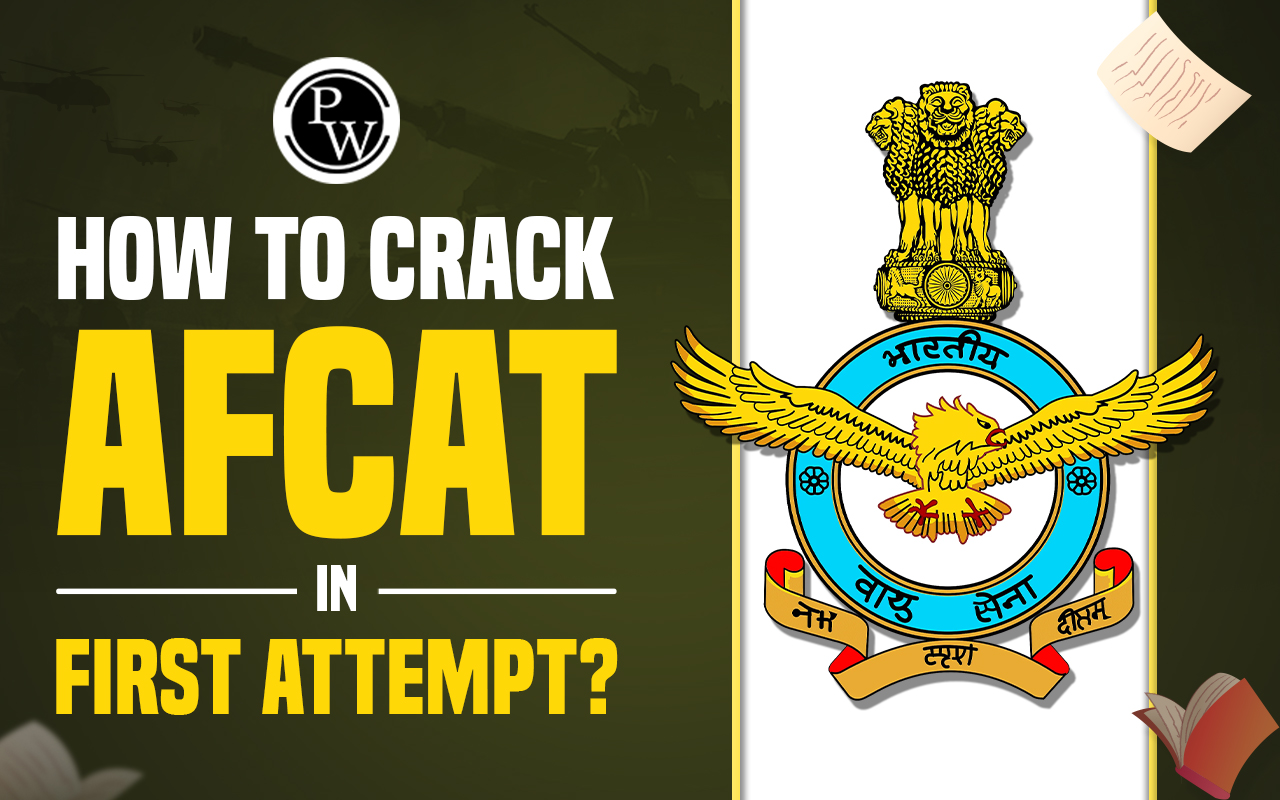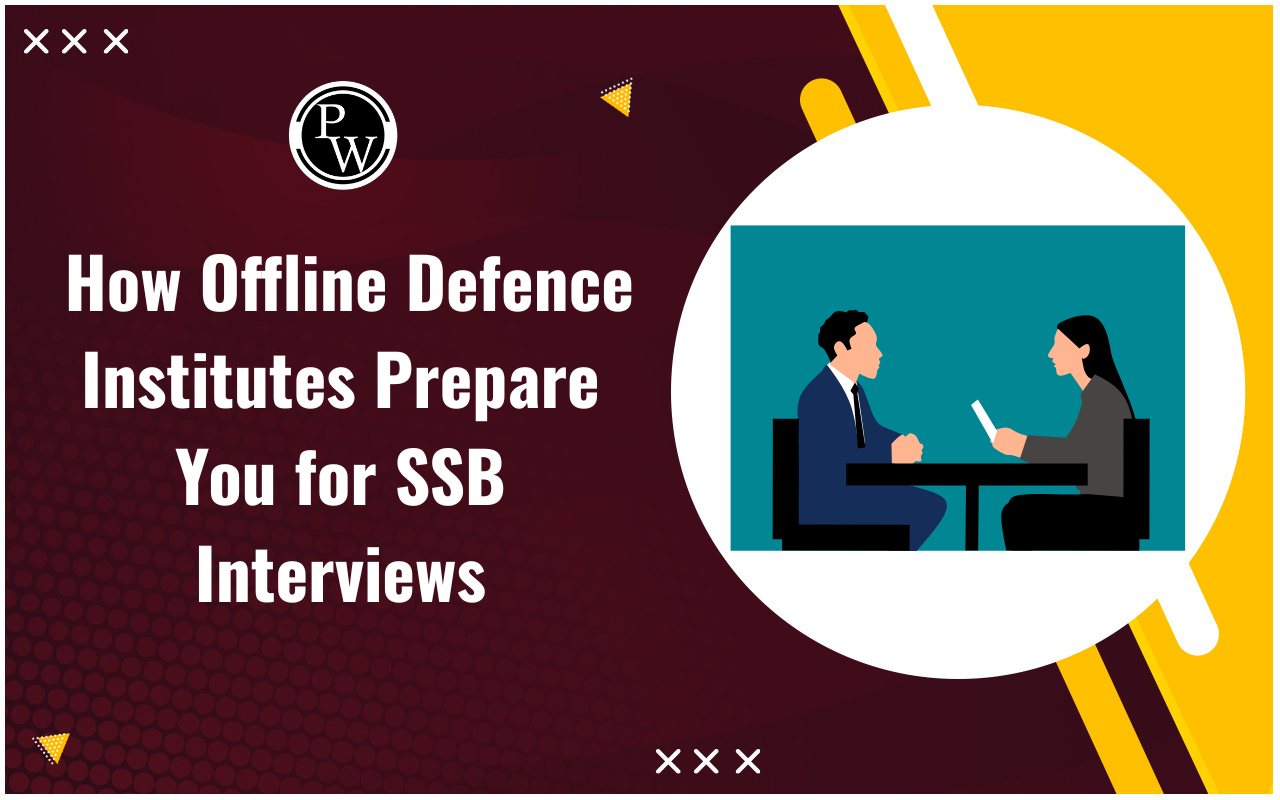
What is OIR Test in SSB? The Officer Intelligence Rating (OIR) test is one of the first hurdles that candidates face during the Services Selection Board (SSB) interview process. It plays a crucial role in assessing a candidate’s cognitive ability and reasoning skills. As part of Stage 1 testing, the OIR test evaluates whether a candidate has the intellectual capabilities required for becoming an officer in the armed forces. In this article, we will look into the details of the OIR test, its structure, importance, preparation tips, and more.
What Is OIR Test?
The OIR test is a written assessment designed to evaluate a candidate’s mental aptitude, reasoning abilities, and problem-solving skills. It is part of the screening phase of the SSB interview, known as the Stage 1 testing, which also includes the Picture Perception and Discussion Test (PPDT). The OIR test score, combined with the performance in PPDT, determines whether a candidate advances to the next stages of the SSB process.Purpose of the OIR Test
The main objective of the OIR test is to assess how efficiently a candidate can process information, analyze patterns, and solve problems under time constraints. These abilities are vital for officers, as they are required to make quick and informed decisions in challenging situations.Structure and Format of the OIR Test
The OIR test typically consists of multiple-choice questions (MCQs) from the following domains:- Verbal Reasoning: Includes questions on topics like synonyms, antonyms, sentence completion, logical reasoning, and analogies.
- Non-Verbal Reasoning: Involves questions based on patterns, figures, mirror images, embedded figures, and spatial reasoning.
Key Details of the OIR Test
The test is conducted in English, but the questions are designed to be simple, ensuring candidates from diverse educational backgrounds can attempt them with ease.| Feature | Details |
|---|---|
| Total Number of Questions | 40 to 50 (varies by board) |
| Time Allotted | 15 to 30 minutes |
| Difficulty Level | Moderate to Easy |
| Sections | Verbal and Non-Verbal Reasoning |
Significance of OIR Test In SSB Process
The OIR test is not just a standalone evaluation but also a complementary component of Stage 1 screening. Here’s why it holds immense importance:- Shortlisting Candidates: The test helps the board filter out candidates who may not possess the required mental aptitude for officer roles.
- Comprehensive Assessment: It evaluates the intellectual abilities of candidates in conjunction with their PPDT performance.
- Impact on Final Recommendation: While the OIR test alone doesn’t determine the selection, a good score can boost a candidate’s chances of being recommended.
Topics Covered in the OIR Test
Here’s a breakdown of the major topics candidates should focus on while preparing for the OIR test:Verbal Reasoning Topics
- Synonyms and Antonyms
- Analogies
- Coding-Decoding
- Sentence Completion
- Logical Reasoning
- Direction Sense
- Blood Relations
Non-Verbal Reasoning Topics
- Series Completion
- Odd One Out
- Mirror and Water Images
- Embedded Figures
- Cube and Dice Problems
- Pattern Recognition
- Figure Classification
Preparation Tips for the OIR Test
To excel in the OIR test, candidates should follow a systematic preparation strategy. Here are some actionable tips to help you perform well:- Understand the Pattern: Familiarize yourself with the question types and exam format. Practice mock tests to understand the time constraints.
- Strengthen Basics: For verbal reasoning, focus on improving vocabulary, grammar, and logical thinking. For non-verbal reasoning, practice visual pattern recognition and spatial analysis.
- Practice Regularly: Consistency is key. Dedicate time every day to solve sample papers and mock tests.
- Use Reliable Resources: Refer to recommended books such as "A Modern Approach to Verbal and Non-Verbal Reasoning" by R.S. Aggarwal and other SSB preparation guides.
- Focus on Time Management: Work on solving questions quickly and accurately. Start with easier questions to build momentum before attempting the challenging ones.
- Revise Frequently: Regularly revisit the concepts and questions you find difficult to ensure you don’t forget them.
- Stay Calm and Confident: On the day of the test, maintain composure and focus. Avoid overthinking and trust your preparation.
Recommended Books and Resources for OIR in SSB
Recommended books and resources play a crucial role in effectively preparing for the OIR test in SSB. These materials provide targeted practice, conceptual clarity, and strategies to enhance reasoning skills.| Book Title | Author/Publisher | Focus Area |
| A Modern Approach to Verbal and Non-Verbal Reasoning | R.S. Aggarwal | Comprehensive reasoning practice |
| SSB Interview: The Complete Guide | Arihant Experts | SSB preparation strategy |
| General Intelligence and Reasoning | Lucent | Concept clarity and question bank |
| Online Practice Tests | Various Platforms (e.g. Defence Wallah) | Mock tests and real-time practice |
Common Mistakes to Avoid While Preparing for OIR Test of SSB
Avoiding common mistakes during OIR test preparation is essential for maximizing your score. Identifying pitfalls like poor time management or skipping mock tests can significantly improve your performance.- Skipping Mock Tests: Many candidates fail to attempt enough mock tests, which hampers their time management skills during the actual exam.
- Overlooking Non-Verbal Reasoning: Some candidates focus solely on verbal reasoning and neglect non-verbal topics, which can be scoring.
- Neglecting Accuracy: Rushing through questions often leads to errors. Balance speed with accuracy for optimal results.
- Inadequate Revision: Not revising key concepts can lead to confusion and mistakes during the test.
- Ignoring Exam Instructions: Failing to read the instructions carefully may result in unnecessary mistakes or skipped questions.
How the OIR Test is Evaluated
The evaluation of the OIR test is based on the number of correct responses. The scores are categorized into different grades, ranging from 1 to 5, with Grade 1 being the best. Candidates who achieve higher grades have better chances of advancing in the SSB process.| OIR Grade | Performance Level |
| Grade 1 | Excellent |
| Grade 2 | Very Good |
| Grade 3 | Good |
| Grade 4 | Average |
| Grade 5 | Below Average |
Sample Questions for OIR Practice
Practicing sample questions is one of the best ways to prepare for the OIR test in SSB. It helps familiarize you with the question format, improves problem-solving speed, and builds confidence.Verbal Reasoning Example:
Question: If 'CAT' is coded as '3120', how will 'DOG' be coded? Answer: '4157' (Explanation: Assign each letter its alphabetical position and multiply by 10.)
Non-Verbal Reasoning Example:
Question: Find the missing figure in the series: [Image-based patterns, e.g., progression in shapes]. Answer: [Explanation based on the logic of the pattern.]
The OIR test is a crucial step in the SSB selection process, assessing a candidate’s intellectual and reasoning capabilities. Excelling in this test requires a mix of strategic preparation, consistent practice, and time management. By focusing on both verbal and non-verbal reasoning, utilizing the right resources, and avoiding common mistakes, candidates can significantly enhance their chances of clearing this stage. Remember, the OIR test is not just about aptitude; it’s also a reflection of your ability to perform under pressure—a vital quality for any officer. Prepare diligently, stay confident, and give your best effort!
What is OIR Test in SSB? FAQs
Q1. What is the OIR test in the SSB interview process?
Q2. What does the OIR test evaluate?
Q3. How many questions are there in the OIR test?
Q4. What topics are covered in the OIR test?
Q5. What is the significance of the OIR test in the SSB process?



